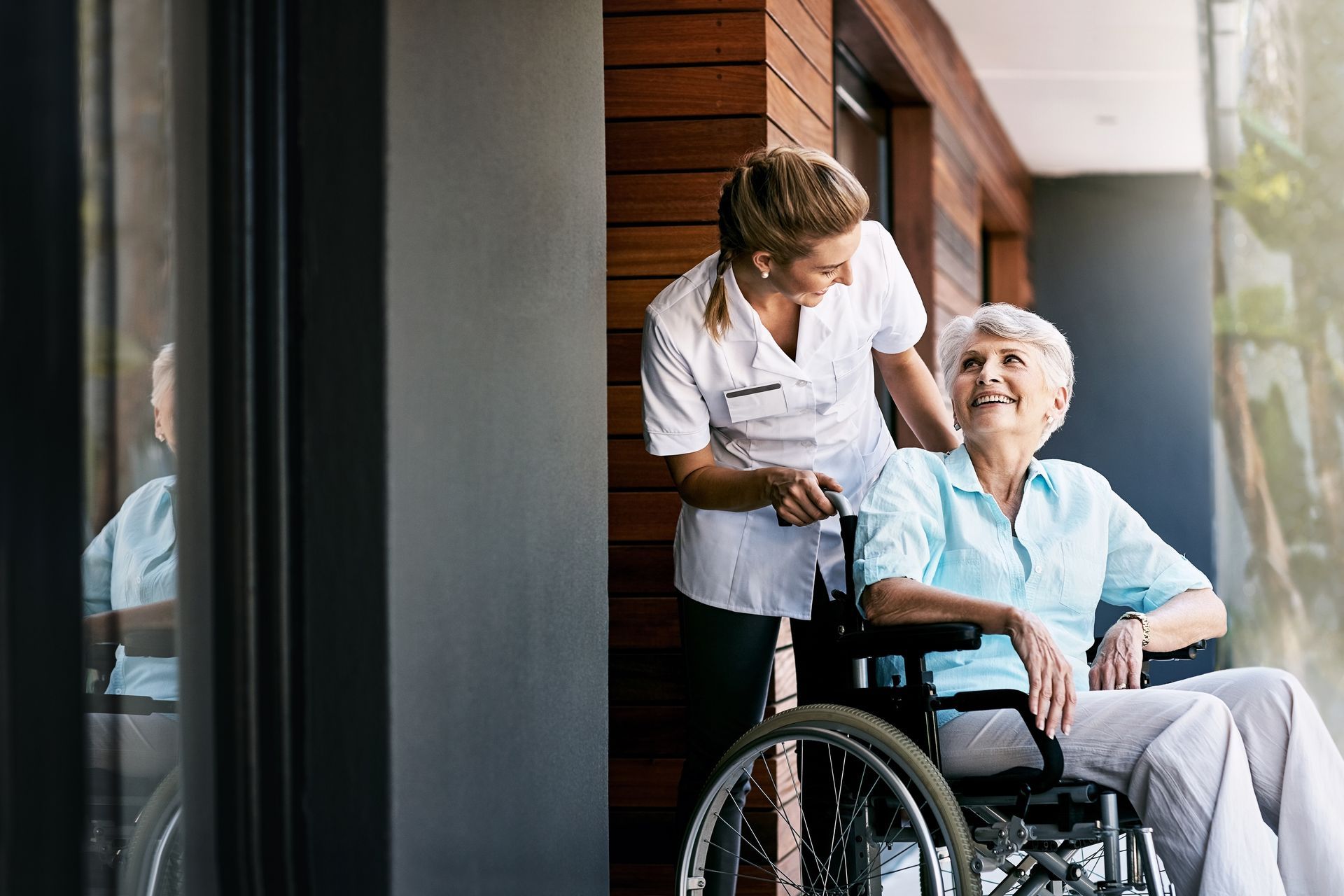BLOG
Safe and Healthy Weight-Loss Strategies for Seniors
By: Karen Weeks of Elder Wellness (elderwellness.net)
As you grow older, it can feel like losing weight is harder than ever. What’s more, you may be concerned about dwindling muscle mass and frail bones. Thankfully, there are some tried-and-true methods for losing weight that are healthy and safe for seniors.
Handle with Care
They say growing old isn’t for wimps, and you may be feeling that saying is true, especially when it comes to weight loss. It is true that your body can require more gentle management than when you were younger. When it comes to losing weight, some studies show that older adults can experience bone and muscle loss, putting you at risk if you lose weight improperly. It’s always advisable to talk with your physician before making any drastic changes in your diet or exercise program. Some guidelines are generally safe and true for otherwise healthy seniors trying to lose weight, and while your body isn’t the same as it used to be, the good news is things really aren’t so different from when you were younger. As Prevention explains, it’s entirely possible to reach a healthy weight, although it may take longer than back in the day.
Attitude Alterations
Oftentimes, much of the trouble in becoming healthy is in your viewpoint. For instance, many people believe gaining weight goes hand-in-hand with aging. However, the reality is that our caloric needs drop off as we age, which some experts explain is due to changes in metabolism and muscle mass. If caloric intake or energy use isn’t adjusted accordingly, weight goes up. If you find yourself believing it’s natural or necessary to be overweight, it’s time to rethink those concepts. Maybe your friends are also choosing to embrace unhealthy thought patterns or live sedentary lifestyles. Connect with peers who are active and healthy; spending time with like-minded people will provide support and stimulation for getting and staying on track.
Fewer Calories, More Protein
Generally speaking, your caloric needs drop off as you age, but your need for protein may increase. Without enough protein, you may be at risk for osteoporosis and reduced immune function. US News & World Report recommends keeping things simple: follow a well-rounded, healthy diet including lots of fruits and vegetables — just add more protein. Try to consume around 30 grams of protein at each meal, and raise that amount if you find you’re craving carbs. Also, ensure you drink plenty of water, as your sense of becoming dehydrated tends to decrease with age. Many seniors avoid drinking water because of other health issues, such as prostate troubles or bladder control concerns, but you don’t want to become dehydrated. Your body won’t function efficiently without enough water, and when you’re dehydrated, your body can confuse thirst for hunger, making you want to eat more.
Stay Active
It’s important to include exercise in your weight loss plan. Find activities you enjoy doing such as swimming, yoga, or dancing. Walking your dog is a great way to stay healthy, not only offering regular exercise but also fresh air, sunshine, and opportunities to socialize. And since muscle mass drops as you grow older, be sure to include some form of strength training in your routine. You don’t need a gym membership; you can lift light dumbbells or use resistance bands in the comfort of your living room. And last but not least, include some stretches in your regimen. Stretching your muscles not only keeps you more limber, it can help prevent injuries.
Successful weight loss and management is achieved through changes in lifestyle. Watch your nutrition carefully, drink plenty of water, consume extra protein, and get some exercise. You can safely lose weight in your senior years as long as you go about it the right way!














